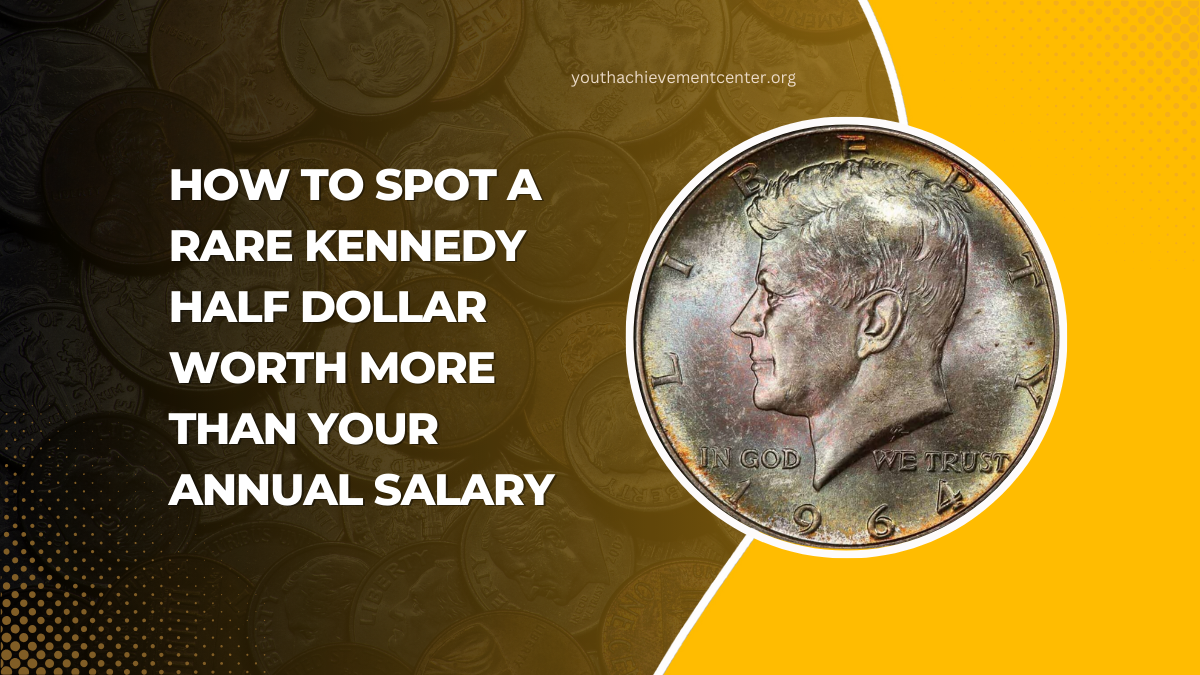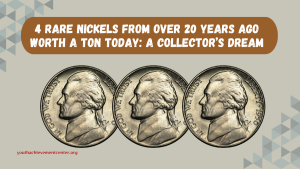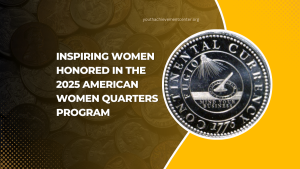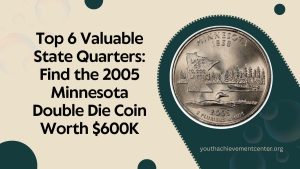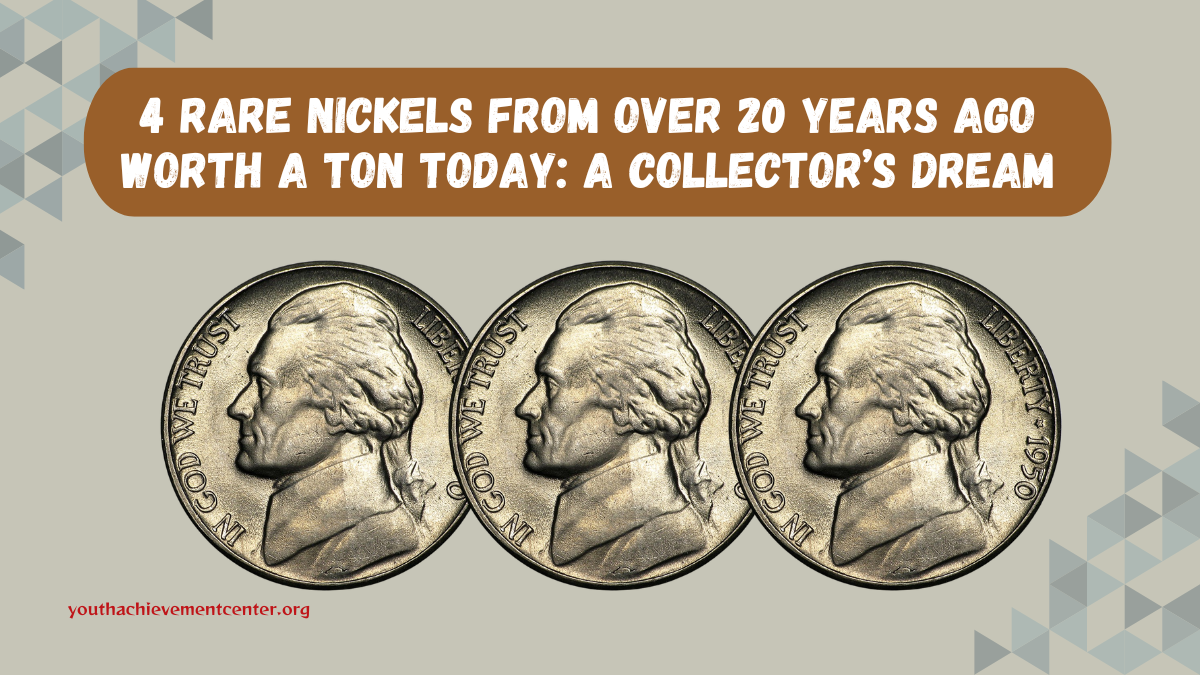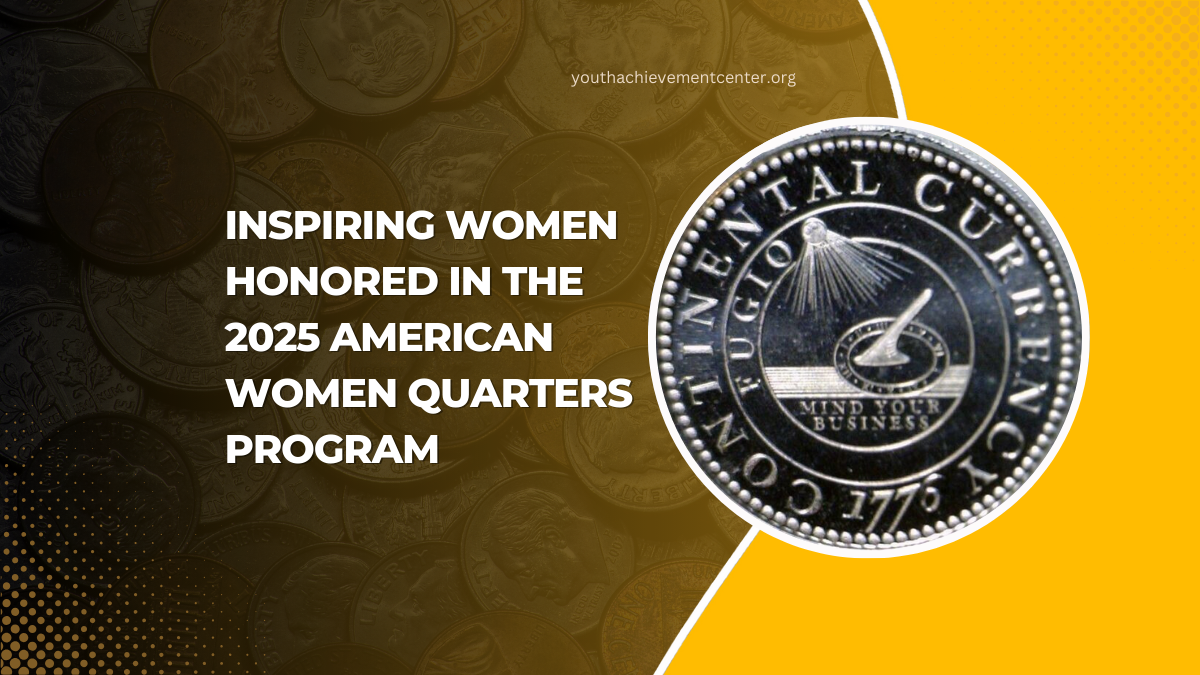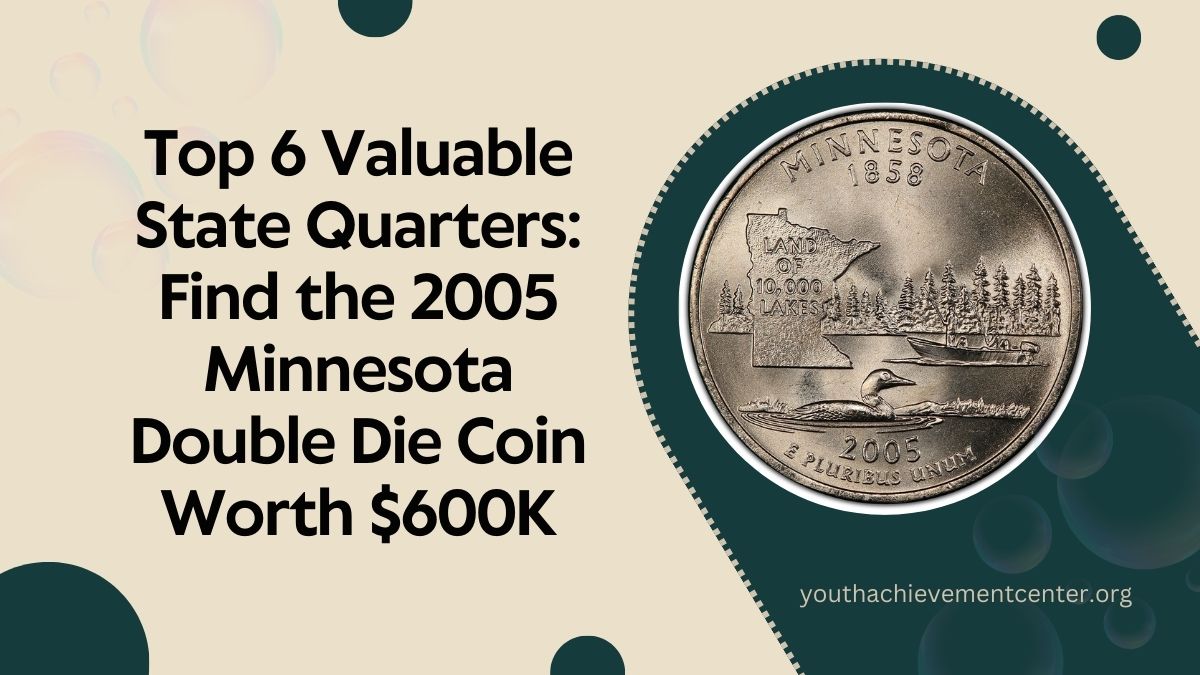The Kennedy half dollar, introduced in 1964 to honor President John F. Kennedy, remains a significant piece for collectors.
While many are common, certain rare variants can command prices exceeding an annual salary. This guide will help you identify these valuable coins, understand their unique features, and appreciate their worth.
Understanding the Kennedy Half Dollar
The Kennedy half dollar was swiftly introduced following President Kennedy’s assassination in 1963. The coin’s obverse, designed by Gilroy Roberts, features Kennedy’s left-profile bust, while the reverse, by Frank Gasparro, showcases the presidential seal.
Initially minted in 90% silver in 1964, the composition shifted to 40% silver from 1965 to 1970, and then to a copper-nickel clad from 1971 onwards.
Key Factors Influencing Value
Several elements determine a Kennedy half dollar’s value:
- Rarity: Limited mintage or unique variations increase a coin’s scarcity.
- Condition: Coins in mint state or uncirculated condition are more valuable.
- Errors and Varieties: Misstrikes or design anomalies can significantly boost value.
- Historical Significance: Coins from notable years or with unique backstories attract collectors.
Notable Rare Kennedy Half Dollars
Here are some of the most valuable Kennedy half dollars:
| Year | Description | Estimated Value | Notes |
|---|---|---|---|
| 1964 | Special Mint Set (SMS) SP68 | $156,000 | Features a satin finish; extremely rare. |
| 1964 | SMS SP67 | $108,000 | Known for sharp details and die polishing lines. |
| 1964 | SMS SP67+ | $99,875 | Exhibits brilliant surfaces with a satiny texture. |
| 1964 | SMS SP67+ QA Gold Sticker | $96,937.50 | Notable for its exceptional eye appeal. |
| 1964 | SMS SP67 | $77,500 | Distinctive color variations; highly sought after. |
Values are approximate and can vary based on market conditions and coin specifics.
Identifying Valuable Kennedy Half Dollars
To determine if you possess a rare Kennedy half dollar, consider the following steps:
- Examine the Date and Mint Mark: Coins from 1964, especially those without a mint mark or with an “S” (San Francisco), may be valuable.
- Assess the Coin’s Condition: Uncirculated coins with no wear are more desirable.
- Look for Unique Features: Some 1964 proofs have “accented hair,” a design detail that differentiates them.
- Check for Errors: Missing initials, doubled dies, or other anomalies can increase value.
- Consult a Professional: Have the coin graded by a reputable service to determine its condition and authenticity.
Preserving and Selling Your Coin
If you own a potentially valuable Kennedy half dollar:
- Handle with Care: Use gloves to prevent oils from damaging the coin.
- Proper Storage: Store in a climate-controlled environment using protective holders.
- Seek Professional Appraisal: Consult a numismatic expert for an accurate valuation.
- Explore Selling Options: Consider auctions, reputable coin dealers, or online platforms to reach potential buyers.
Conclusion
While many Kennedy half dollars are common, certain rare specimens can be exceptionally valuable. By understanding the factors that contribute to a coin’s worth and carefully examining your collection, you might discover a hidden treasure. Always consult with professionals to ensure accurate assessments and transactions.
FAQs
What makes a Kennedy half dollar valuable?
Factors such as rarity, condition, unique features, and historical significance contribute to a Kennedy half dollar’s value.
How can I identify a 1964 “accented hair” Kennedy half dollar?
The “accented hair” variety has more pronounced hair above Kennedy’s ear and a missing serif on the “I” in “LIBERTY.”
Are all 1964 Kennedy half dollars valuable?
While 1964 was the only year with 90% silver composition, not all are valuable. Specific varieties and conditions determine worth.
What is the significance of the missing “FG” initials on some coins?
Some coins lack the designer Frank Gasparro’s “FG” initials due to over-polished dies, making them rare and valuable.
Where can I get my Kennedy half dollar appraised?
Consult reputable coin dealers, numismatic associations, or professional grading services for appraisals.

